That little electronic eye sees more than you bargained for.
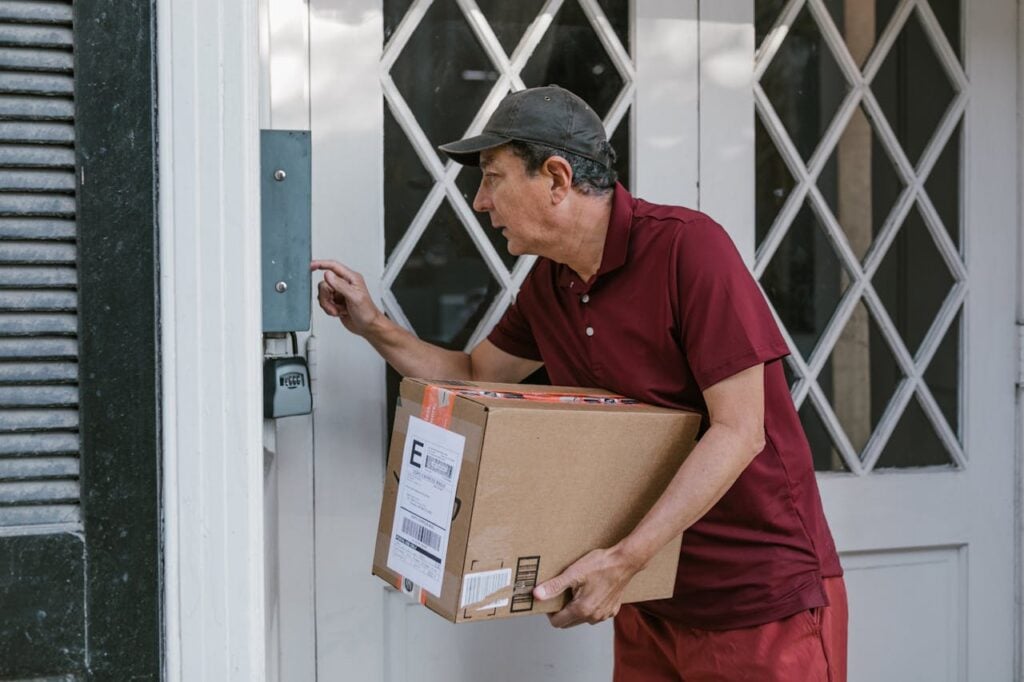
The doorbell camera has quickly become a standard feature of modern home security, a seemingly simple way to see who’s at the door and keep an eye on your packages. Promising peace of mind in a small, convenient package, millions have been installed on front porches across the country. This constant surveillance, however, comes with a host of unintended consequences that are rarely discussed in the product reviews.
What starts as a tool for security can subtly morph into a source of anxiety, neighborhood tension, and privacy headaches you never anticipated.
1. You’ll be bombarded with useless notifications.
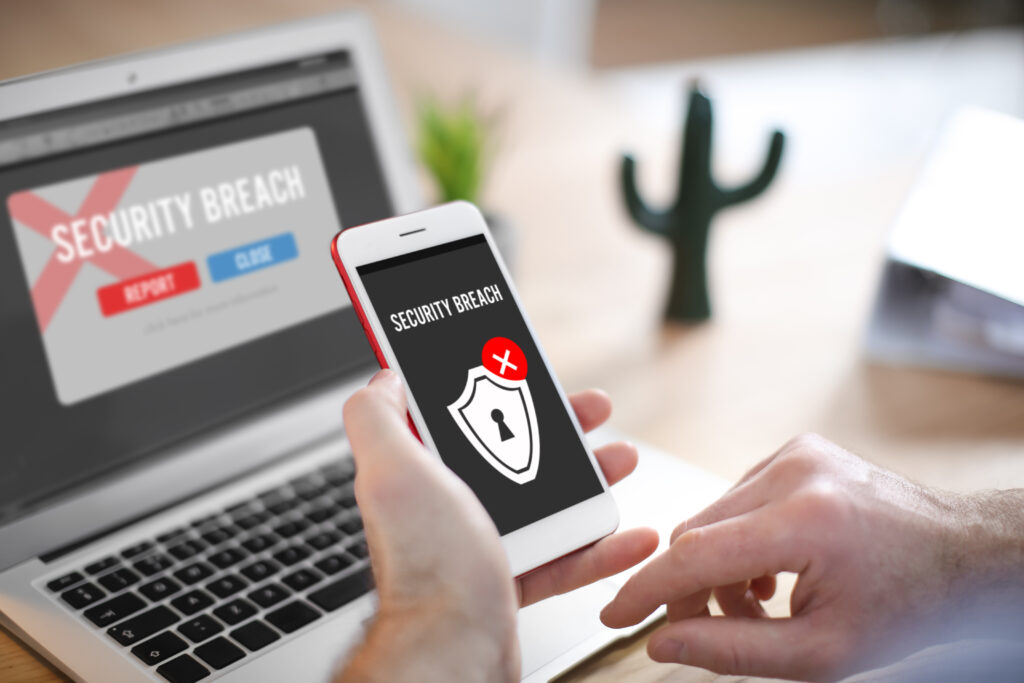
The main selling point of a doorbell camera is the instant alert you get when there’s activity at your door. The reality is that “activity” means everything. You’ll be notified every time a car drives down your street, a squirrel runs across your lawn, or a strong gust of wind blows a tree branch, as per Yahoo! Tech. This creates a constant stream of buzzing and beeping that quickly becomes overwhelming.
This is known as “alert fatigue.” After being notified of a hundred non-events, your brain starts to automatically ignore the alerts. This can lead you to miss the one important notification that actually requires your attention, like a real security threat. The device’s hyper-vigilance ironically ends up making you less vigilant over time.
2. You become an unwilling documentarian of your neighbors’ lives.
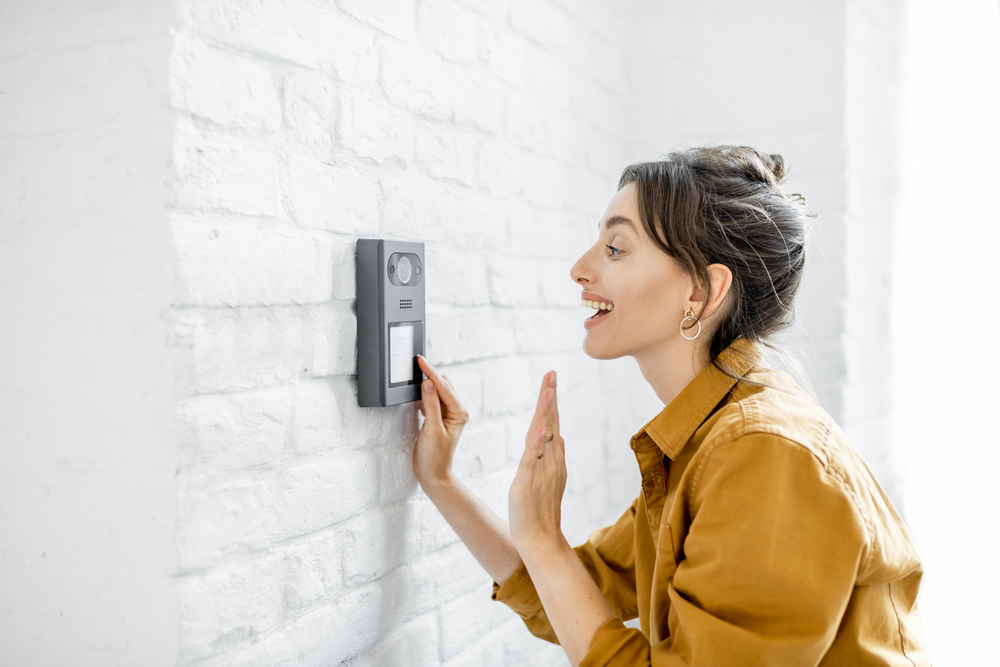
Your camera doesn’t just see your front porch; its wide-angle lens often captures a significant portion of your street, including your neighbors’ front yards, driveways, and windows. Without meaning to, you are now creating a 24/7 video log of their lives. You know when they leave for work, when their kids get home from school, who visits them, and you might even record their private conversations on the sidewalk.
This can create a huge amount of neighborhood tension and raises serious privacy concerns. Your neighbors may not appreciate being under constant surveillance, and it can lead to awkward conversations or even legal disputes over privacy rights, Reader’s Digest mentioned. Your quest for personal security can easily be interpreted as an invasion of theirs, fundamentally changing the dynamic on your block.
3. You are sharing your data with Big Tech and the police.

When you install a doorbell camera, your footage isn’t just stored locally. It’s uploaded to the cloud and stored on servers owned by the company, like Amazon’s Ring or Google’s Nest. This means your private data is in the hands of a massive tech corporation, subject to their terms of service and data-sharing policies, which can change at any time. You are giving them a direct view of your home.
Furthermore, many of these companies have established partnerships with law enforcement agencies, as reported in New York Magazine. Police can and do request footage from your camera to investigate crimes in your neighborhood. While this can be helpful, it also transforms your personal security device into a node in a much larger surveillance network, a reality many users don’t consider when they first install it.
4. It can increase anxiety instead of reducing it.

The promise of a doorbell camera is “peace of mind,” but for many people, it has the opposite effect. Instead of feeling safer, you become hyper-aware of every single person who walks past your house or every car that slows down on your street. This constant monitoring can foster a sense of paranoia and suspicion, turning your neighborhood from a community into a collection of potential threats.
You may find yourself checking your phone compulsively, analyzing the body language of a delivery driver, or worrying about a stranger who is simply looking for an address. The device can turn you into an anxious, self-appointed security guard for your own home, robbing you of the very peace of mind you were hoping to buy.
5. The never-ending subscription fees.

The initial cost of the device itself is just the beginning. The business model for most smart home security devices relies on recurring subscription fees. If you want to store video clips for more than a few hours, access advanced features like person detection, or share videos easily, you have to pay a monthly or annual fee. This turns your one-time purchase into a permanent line item on your budget.
These fees can increase at any time, and without them, your expensive device loses a significant amount of its functionality. Many people don’t factor in this long-term cost, only to realize years down the road that they’ve paid more for the service than for the hardware itself.
6. You get a high-definition view of your own helplessness.
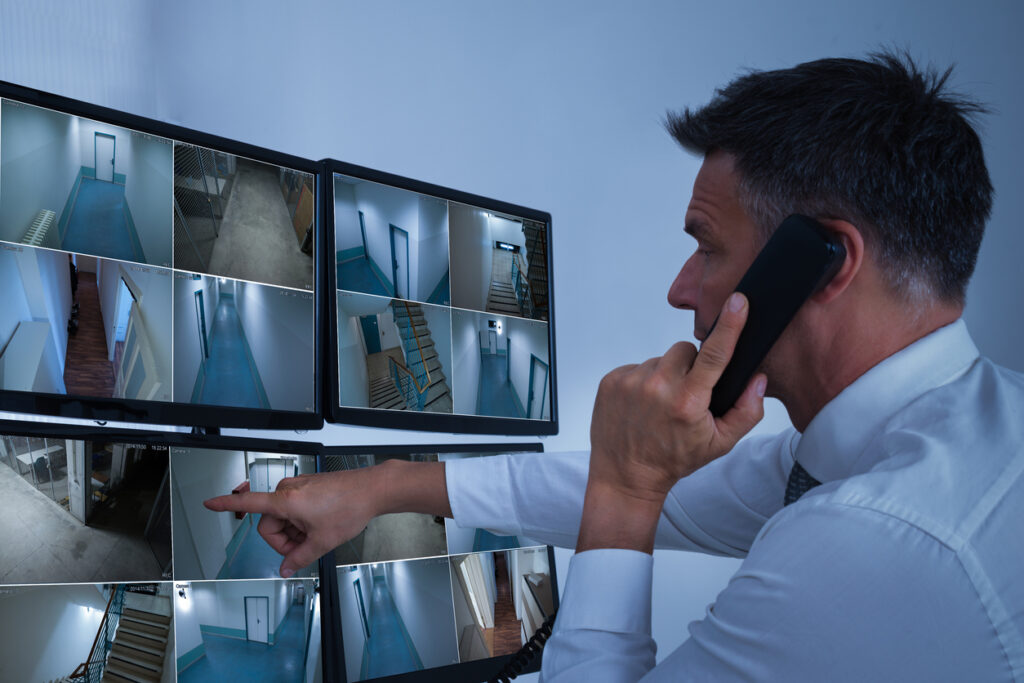
One of the main reasons people buy these cameras is to combat “porch pirates.” The device works perfectly in this regard; you will get a crystal-clear, high-definition video of the thief’s face as they walk off with your package. For a moment, this feels empowering—you have the evidence! The problem is what comes next.
You’ll file a police report, but in most cases, law enforcement agencies don’t have the resources to investigate every petty package theft. This leaves you with nothing but a perfect video of your own frustration and a stolen item. The camera is excellent at documenting the crime, but it often does very little to actually solve it or prevent it from happening again.
7. It can create an awkward atmosphere for guests.

Your friends and family are coming to your home to relax and be themselves, not to star in a security video. The presence of a camera on the front door can feel unwelcoming, more like they are entering a secured facility than a friend’s home. They may feel self-conscious knowing their arrival is being recorded and that their conversations on your porch are being captured.
It changes the social dynamic from one of casual warmth to one of subtle surveillance. While they may not say anything, it can create a slight barrier, undermining the comfortable and trusting atmosphere you want to create in your own home for the people you care about.
8. It provides a false sense of security.

A doorbell camera is a passive security device. It is very good at recording what happens, but it is not very good at actively preventing it. A determined burglar or thief is unlikely to be deterred by a small camera, especially if they can conceal their identity with a simple hat or mask. The presence of the camera can make homeowners feel safer than they actually are.
This false sense of security might lead you to become complacent about other, more effective security measures, like double-checking that your doors are locked, using stronger deadbolts, or keeping valuable items out of sight from windows. It’s important to remember that the camera is a tool for evidence, not a force field.
9. Your data can be hacked or compromised.
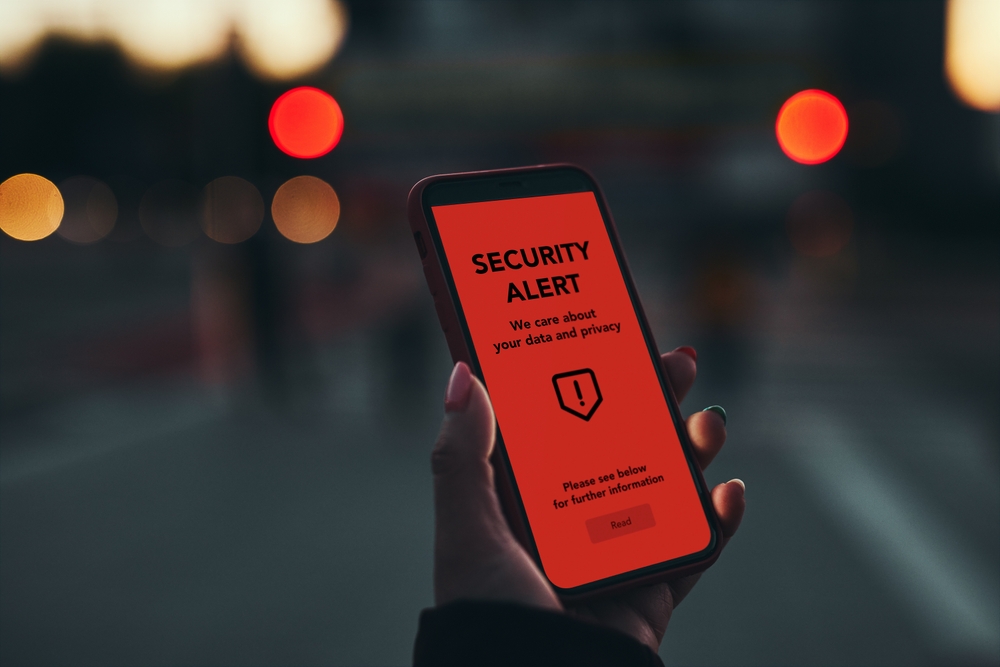
Like any device connected to the internet, doorbell cameras are vulnerable to being hacked. There have been numerous reports of hackers gaining access to people’s accounts, allowing them to view live camera feeds, access stored video clips, and even speak to people through the device’s two-way talk feature. This is a terrifying invasion of privacy.
Beyond malicious hackers, you are also trusting the company’s own security measures and its employees. Data breaches can expose your information, and there is always a risk of an employee improperly accessing user footage. You are placing a great deal of trust in the company to protect a direct view of your home’s front door.
10. You become the unofficial IT support for your less-techy relatives.

Once you have a doorbell camera and your older relatives see how it works, you will inevitably become the go-to person for installing and troubleshooting theirs. You’ll be the one climbing a ladder to mount the device, spending hours on the phone trying to connect it to their tricky Wi-Fi network, and fielding calls every time they get a notification they don’t understand.
What starts as a personal home improvement project can quickly turn into a recurring, unpaid tech support job. While it’s nice to help family feel secure, you might regret your role as a doorbell camera evangelist when you’re trying to explain cloud storage for the fifth time over Thanksgiving dinner.
11. It complicates your relationship with delivery drivers.
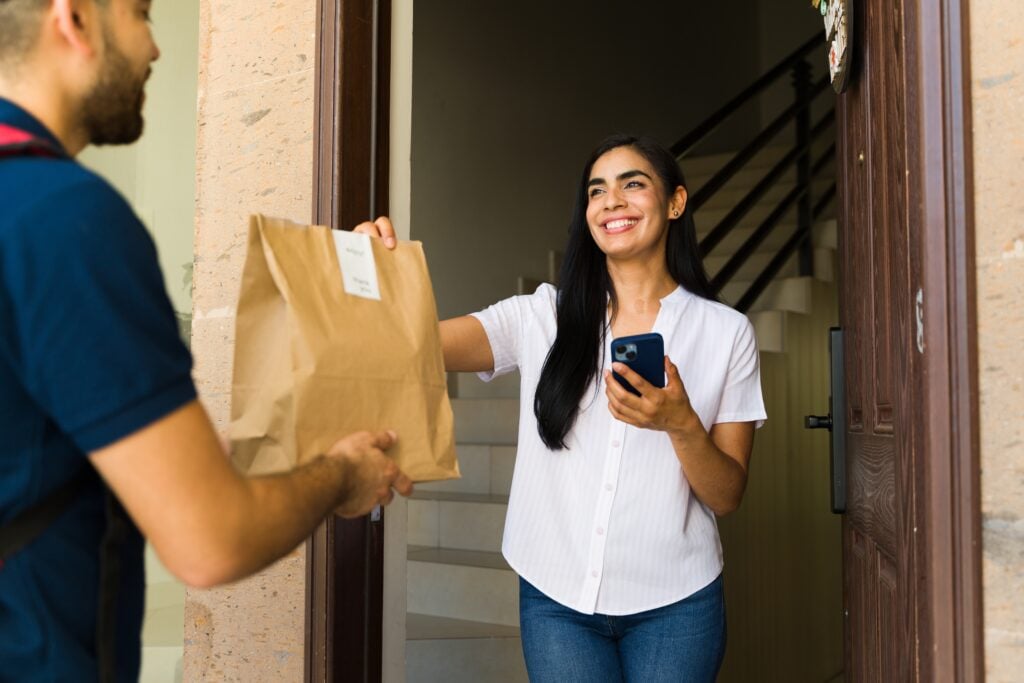
Your doorbell camera gives you a front-row seat to the daily grind of your delivery drivers, and it’s not always a pretty picture. You’ll see the rushed toss of a package, the frustrated sigh, or the struggle to handle multiple heavy boxes. This can create a conflicting mix of emotions, from anger at a carelessly handled item to guilt for ordering something heavy.
This new level of scrutiny can strain the simple, anonymous relationship we once had with our mail carriers and delivery people. It can make you feel more suspicious and less trusting, turning every delivery into a moment to be judged and potentially reported, which adds a layer of unpleasantness to the convenience of online shopping.
